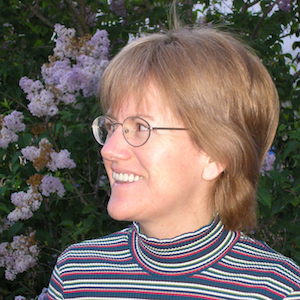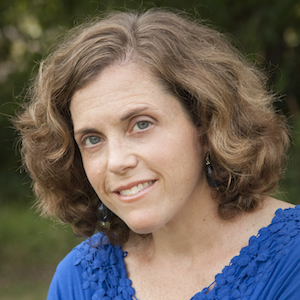The Story Behind “Red on White” by Lita A. Kurth
Today’s post is about a short piece of creative nonfiction we published in our Fall 2013 issue.
The Story Behind “Red on White”
by Lita A. Kurth
For such a serious personal piece, “Red on White, Black on White” had a surprisingly light and irrelevant beginning.
It happened one Friday morning during a writing workshop I teach in my living room, and, having acquired a stash of cooking magazines from a friend who was downsizing, I asked my students to choose a couple phrases from headlines or ads and go where those prompts led. To be honest, I don’t remember whether it was “Red on White” or “Black on White” that was in the magazine. I added the second one later for symmetry. Both first lines definitely came from the commercial language of cookery mags. “Never leave a mark” had something to do with a cleaning product (and yet it evoked my dad) and “In a large frying pan, add the bacon” clearly arose from a recipe. That connected directly to my mom.
How did cooking advertisements phrases morph into memoir? Perhaps the “red on white” triggered a memory of gingham, of my mother’s blue and white-checked oilcloth tablecloth, cracked and worn at the corners, stained in places. The dinner table is a dramatic setting where so many conflicts play out, so many rites of passage occur, and when you don’t have much money, so that almost every meal takes place in the same place, mealtime becomes indelible. And Proust’s madeleines have certainly shown us how evocative food is.
Originally, “black on white” referred to my father; I was thinking of the printed page, particularly the Bible, but then later, I wanted “black on white” to refer to egg whites in a black frying pan, and it occurred to me that “red on white” could have a similar printed significance. Early on, the two titles stood together at the top. Only later, did I move my mother’s title down. I think the two sections were intertwined at first, and then I separated mom from dad (as they are in fact separated in life, divorced now for many years).
Often my writing, especially poetic writing, is too oblique; that’s why I added (Father) after “Black on White” and (Mother) after “Red on White.” What did I want to capture? Those sensory glimmers of a past that is more past than most pasts because, being poor and rural, we lived further behind the present than most people. Both my parents are still living, though far from me, and the life we had when I was young is gone to that myth-land of childhood. I hope I gathered a sort of bouquet of each parent, for the remarkable achievements whose impressiveness slid past me then. I hope I paid homage to some of their joys, their bitterness, and some of my love and appreciation.
About the Author
Lita A. Kurth (MFA Rainier Writers Workshop) has published essays, poems, and short stories in Tikkun, NewVerseNews, Blast Furnace, eliipsis…literature and art, the Santa Clara Review, the Exploratorium Quarterly, Tattoo Highway, Vermont Literary Review, and others. An excerpt of her novel appeared as a story, “Marius Martin, Proletarian,” in On the Clock: Contemporary Short Stories of Work (Bottom Dog Press). Her nonfiction, “Pivot,” which appears in the 2012 University of Nebraska anthology, Becoming:What Makes a Woman, was nominated for a Pushcart Prize. Her work “Lifetime TV Movie” was a finalist for the 2012 Writers@Work contest. She regularly contributes to Tikkun.org/tikkundaily, TheReviewReview.net, and classism.org.







